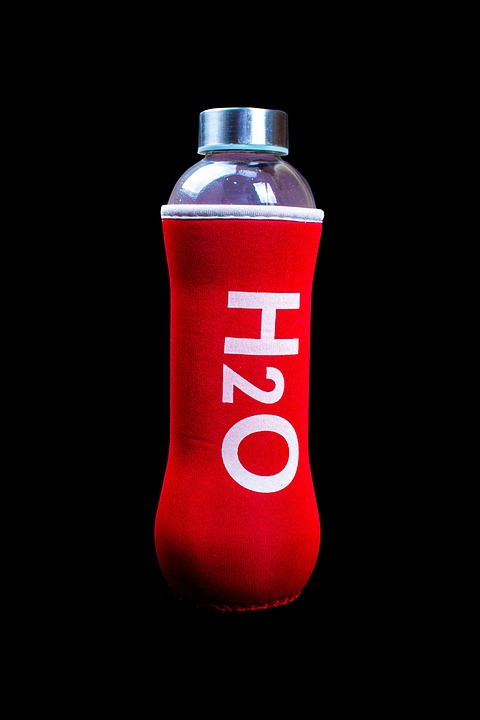Sustainable Beverage Closures and Caps: An Overview
The beverage industry has been making strides in sustainability efforts, particularly when it comes to packaging. One important aspect of this is the use of sustainable closures and caps for bottles and containers. These closures not only reduce waste but also improve recyclability, making them a crucial component of the industry’s environmental initiatives.
The Impact of Sustainable Closures on Waste Reduction
Traditional plastic caps and closures have long been a contributing factor to the global plastic waste crisis. These items are often difficult to recycle and end up in landfills or polluting the environment. Sustainable closures, on the other hand, are typically made from more environmentally friendly materials such as recycled plastics, aluminum, or even biodegradable options. By using these sustainable closures, beverage companies can significantly reduce the amount of waste they generate and help combat the issue of plastic pollution.
Improving Recyclability with Sustainable Closures
In addition to reducing waste, sustainable closures also improve the recyclability of beverage packaging. Traditional plastic caps can often be problematic for recycling facilities due to their small size and composition. Sustainable closures are designed to be easily recyclable, ensuring that they can be processed efficiently and turned into new products. By using sustainable closures, beverage companies can help increase the overall recyclability of their packaging and contribute to a more circular economy.
Financial Benefits of Sustainable Beverage Closures
The adoption of sustainable closures and caps can also have financial benefits for beverage companies. While there may be an initial investment required to transition to sustainable materials, the long-term cost savings can be significant. Sustainable closures are often more durable and can be produced at a lower cost than traditional plastic options. Additionally, consumers are increasingly demanding environmentally friendly products, so using sustainable closures can help companies attract and retain customers, ultimately leading to increased sales and brand loyalty.
Industry Insights and Trends
Several major beverage companies have already made the switch to sustainable closures and caps in response to consumer demand and environmental concerns. Coca-Cola, for example, announced plans to transition to 100% recyclable or compostable packaging by 2025, which includes using sustainable closures on their bottles. Other companies such as PepsiCo and Nestle are also implementing similar initiatives to reduce their environmental impact.
Market Size and Growth Potential
The market for sustainable beverage closures is expected to continue growing in the coming years as more companies prioritize sustainability in their packaging. According to a report by Grand View Research, the global market for sustainable packaging is projected to reach $399.3 billion by 2027, with a compound annual growth rate of 5.1%. This growth presents a significant opportunity for companies that produce sustainable closures and caps to expand their market share and contribute to a more sustainable future.
In conclusion, sustainable beverage closures and caps play a crucial role in reducing waste, improving recyclability, and driving financial benefits for beverage companies. By investing in sustainable packaging solutions, companies can not only protect the environment but also enhance their brand reputation and appeal to eco-conscious consumers. As the industry continues to evolve, the adoption of sustainable closures will be key to driving positive change and creating a more sustainable future for the beverage industry.




